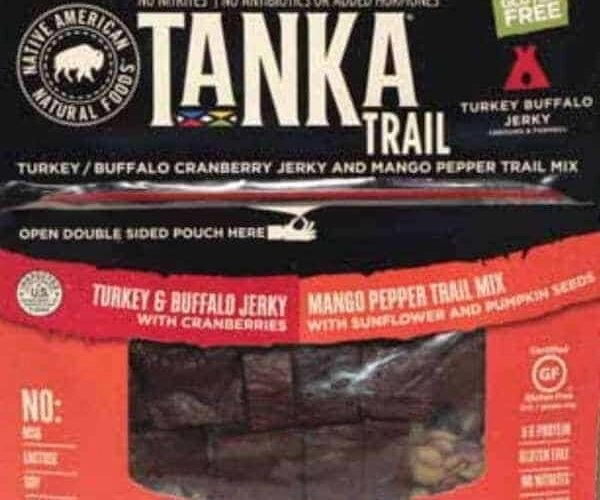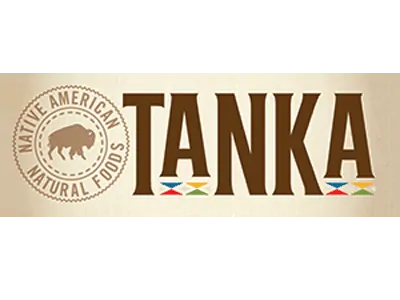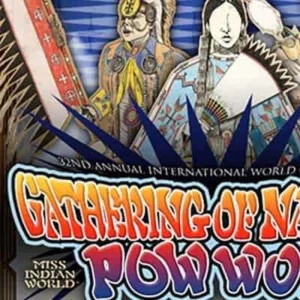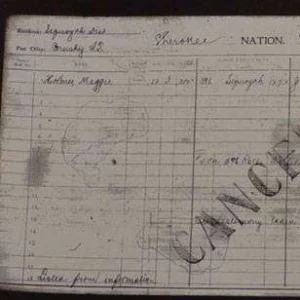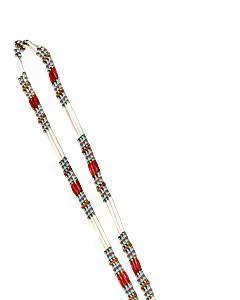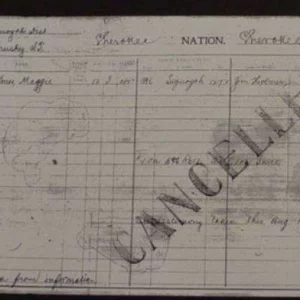Use the term “cultural appropriation”at the next dinner party you attend and you are almost sure to start a lively conversation; it seems that Natives have found many an ally among those who know better (or at least have better fashion sense) than to purchase mass produced soft goods or art with appropriated Native images or designs on them.
But apply the same term to modern cooking trends and you might get some shrugs and blank stares. It seems game meats and other paleo treats are all the rage on hipster hot spot menus across the US (four-and-a-half Michelin Star rated Gary Danko in SF, for example, offers both quail and venison on its menu, part of a 3 course for $83) but these trends are often not looked at with the same critical lense.
Given the history of food insecurity that affects Native American/American Indian communities, shouldn’t it be? Afterall, our bison herds are only now recovering to the extent that mass production is economically viable, salmon are suffering at an unprecedented rate due to global warming and traditional fishing villages being relocated. But these days one can find an artisanally crafted paleo-bar faster than you can say, “mechanically separated chicken”. And what about the Indigenous folks in South America who have been driven off of their staple, quinoa, due to high market demands. Given the rate of diet related illnesses in Indian Country, shouldn’t there be some outcry against the cultural theft of our traditional foods?
I sat down with Karlene Hunter, CEO Native American Natural Foods, a Lakota owned company based out of Pine Ridge, SD to ask her opinion on the topic.
SWSP: Can you give us a bit of a background behind the bureaucratic process that was involved in getting Tanka Bar off the ground? How was your experience different from that of a non-Native small business?
The bureaucratic process has been interesting. We had to take off the phrase “From the traditional lands of Native Peoples” off of our packaging. The USDA wanted us to prove which lands we were talking about and to be specific. We said that the entire US was once all Native lands but they still made us take it off. We also had to take of the tagline of “Taste the energy” – they said you can't taste energy so our response was our buffalo bar produced energy and you could taste our bar; still had to take if off. We have to prove ourselves over and over that we are just as good as non-Native companies because Native American companies are viewed as less professional than Non-Native companies. It’s hard work and took us many years to get where we are today but we will keep fighting the fight to educate the general public about the issues of cultural appropriation. After 100 years of oppression, being placed on reservations, our total society and social systems taken away (language, spirituality, economy, lands), Native people have finally come to a point in history where we have learned a whole new system and have begun to rebuild our society.
SWSP: My understanding is that currently, it is not possible to trademark a recipe under US law. How has this hindered Tanka Bar and is there a precedent for the application of this law to sovereign nations?
We cannot trademark a recipe so other companies are copying our traditional recipes and the federal law is fine with this act. Here at Native American Natural Foods, we are not immune to this veiled form of racism. We see it. We know it. And we are not going to stay silent because history does repeat itself, if
we let it. One of our competitors calls their customers their tribe. That’s offensive. We Native Americans have distinct tribes with our own histories, we are very proud of our tribal descents and have our culture that goes with our tribes. What defines a tribe is that the people are descent from a common ancestor, community of customs and traditions, adherence to the same leaders, a local division of an aboriginal people.
SWSP: Tanka Bar seems to have a pretty devoted following, between non Natives who just like the product, allies who want to support a Native business and athletes who may be from either of those camps. What is it about the Tanka Bar brand that sets it aside from the rest?
The Tanka brand is an authentic and transparent company that provides delicious, healthy and natural snack foods. Because we are authentic, we don’t have to manufacture a story about who we are and what our products stand for. Our customers appreciate that difference. We created our company to positively impact our Oglala Lakota Nation. We have our company located on the Pine Ridge Reservation, employ Native American people, recirculate money on the reservation which is the 3rd poorest county in the US and buy as much Native American raw ingredients as we can find.
One of the unspoken truths in America is: Now or never has been against the law to steal from Indian people. Whether or not you are stealing land, water, mineral rights, gas or water it’s is not only not illegal but it is socially acceptable to steal from Native people. Now we (predominate culture) are at the point of stealing intellectual property rights and exploiting Native people while the law is fine with it, we wonder,“do people understand that when you buy these copycat productions, like the Epic Bar, you just are helping some rich non-Native people get richer and helping to keep Native American people in poverty?”
